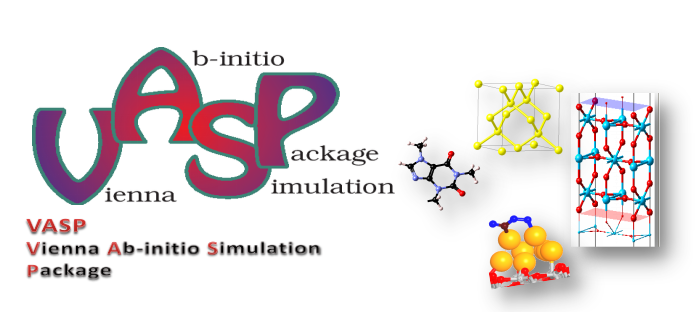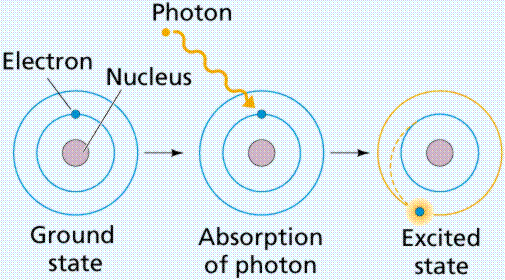花谢了,它会让你看到唱歌的雪;雪停了,它会让你看到透明的水;冰融化了,它会让你看到微笑的云;每一种美丽,都是它在温柔地和你说,别担心,它们都在我怀里
1.简介
四级新题型的长对话共有两篇,七题。长对话的题材一般都和学校生活有关:
1) 课程内容(以上课为背景,介绍某个知识)
2) 打工内容(常涉及到工作的内容、与学习课程的 冲突等)
3) 科学常识(以上课内容形式出题,范围极其广泛)
4) 度假旅游经历
5) 学校生活(餐厅的食物、某个教师等)
6) 住宿生活(特别是与室友或房东的矛盾)
7) 某项娱乐活动
2.解题技巧
1) 正确判断信息
2) 掌握一定的思维方式,抓住考题的共同特点(同段对话)
3) 第一句话的重要性
4) 掌握出题形式,抓住听的重点(话题转折)
5) 听时作笔记
I 学习类
(1)教务场景
场景人物:由教师(导师)或学监等教务人员向学生说明一些学校课程的安排情况。
场景涉及内容:学期计划,调课信息,考试安排,课程介绍等。
常用的词汇和词组:midterm, finals, count for 50% of your score, class discussion, seminar, workshop(讲习班), take attendance(点名), elementary, intermediate, advanced等。
经常出现的问题和答案
Q: Who is the speaker?
A: teacher, professor, instructor, advisor
Q: When does the talk take place?
A: at the beginning (in the middle, at the end of the semester)
Q: Where does the talk take place?
A: classroom, lecture hall
Q: What is the topic?
A: changes in the schedule, the schedule of this semester, exam schedule, information about on course
(2)选课场景
场景人物:师生之间或学生之间谈论选课的话题
场景涉及的内容:学生是否有资格选某一门课,对于老师的谈论,课程的难易程度,选某一门课的好处和坏处。
常用的词汇和词组:required, compulsory(必修), elective, selective, optional, course, description, catalog, bulletin, prerequisite course(预修课程), preliminary course(预备课程), such a heavy load, excellent reputation(声誉), drop a course(退修课程)等。
(3)补课场景
场景人物:同学之间补课。
场景涉及的内容:通常是某学生因为某些原因迟到或旷课了,事后找另一个同学补课,所以必会牵扯到专业内容。
常用的词汇和词组:fill sb. in (暂代某人), You’ve really lost me there(你真的让我糊涂了), make sense, miss a pretty important class, clarify the misunderstanding, check the notes等。
经常出现的问题和答案:
Q: Why was the man late for class? (Why did the man ask the woman about the lecture?)
A: He overslept (was sick, had some trouble with his car, had to go to see the doctor, dentist, had an emergency)
Q: What confused the man?
A: 专业课的内容。
Q: What does the man promise to do at last?
A: He will not be late again (oversleep again)
(4)论文场景
场景人物:教授与学生,或者学生之间进行讨论。
场景涉及的内容:讨论论文写作的相关事宜,比如:论文题目,查找资料等等。
常用的词汇和词组:explore the topic, published resources, bibliography/reference, intellectual dishonesty, get an early start, gather materials等。
II.生活相关类
(1)体育场景
场景人物:同学,朋友或家庭成员一起出去郊游。
场景涉及的内容:往往是一些热门的运动,如cycling, rock climbing, skiing.
常用的词汇和词组:ski, boots, outdoors, get in great shape(把身体锻炼得很棒), ensure the safety, first aid(急救), check the trails, physical education, belts, patience, mental discipline(智力训练), expert riders, starting line, relay station(中继站)等。
2)娱乐场景
场景人物:同学,朋友或家庭成员。
场景涉及的内容:包括郊游,参加运动,听音乐会,谈论玩的计划等。
常见的词汇和词组:enjoy, good day, take a break, relax, reserve a court(预定一个球场), a night-out, take your mind off your test, fair weather等。
(3)租房场景
场景人物:房东,住户
场景涉及的内容:和房东的相处甚至讨价还价。对房子的评价,包括价格,地理位置,也常常涉及到租房子的过程。
常用的词汇和词组:roommate, dormitory, deposit, live on, off campus, utilities(公共设施), heating costs, temporary accommodation(临时住处), landlord, apartment, sublet(转租), dishwasher, messy(脏的), a leaky faucet(漏水的水龙头), tenant(房客), afford等。
III.工作相关类
(1)应聘(面试)场景
常景人物:聘方人员和应聘者。
场景涉及的内容:对于某种工作的态度和评价,应聘该工作的条件,如何办理相关手续,工资待遇和工作环境,工作时间等。
常用的词汇和词组:teaching assistant, research assistant, lab assistant, administrative assistant, waiter, waitress, nanny/babysitter, dishwashing, formalities, application procedure, reference, salary, wage, demand physical endurance, precareer training(岗前培训), permanent employment, bonus, part-time job等。
长对话总结:
从划线出我们可以看出长对话的提问模式基本固定:
* 问答式的考点
* 分层次的考察
* 建议请求的运用。
这两则对话还秉承了passage的一个重要的考场方式,就是在对话的开头部分一定会出题目。这一点的考察利用的是考生往往很难在一个段落刚开始的时候集中注意力,所以这时候考察的题目难度就显得很高。
综上所述,长对话结合了短对话对问答句式,建议请求,和关键场景赐予的考察和短文考察文章层次和理解能力的要求。所以做这样的题目往往需要具备综合的素质,既要注意其中的细节,又要注意整体的把握,还要能够应付7道题目的题量,这比以往的四级题目对综合能力的要求显著提高了。





